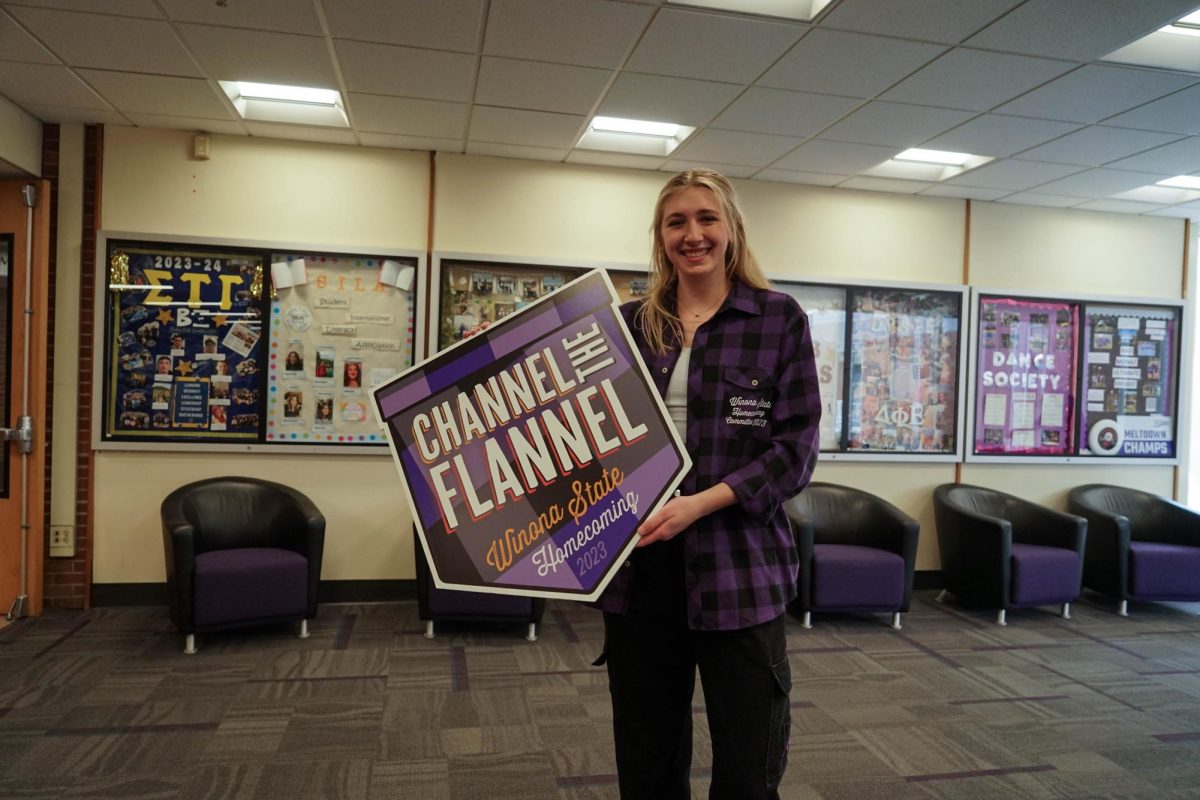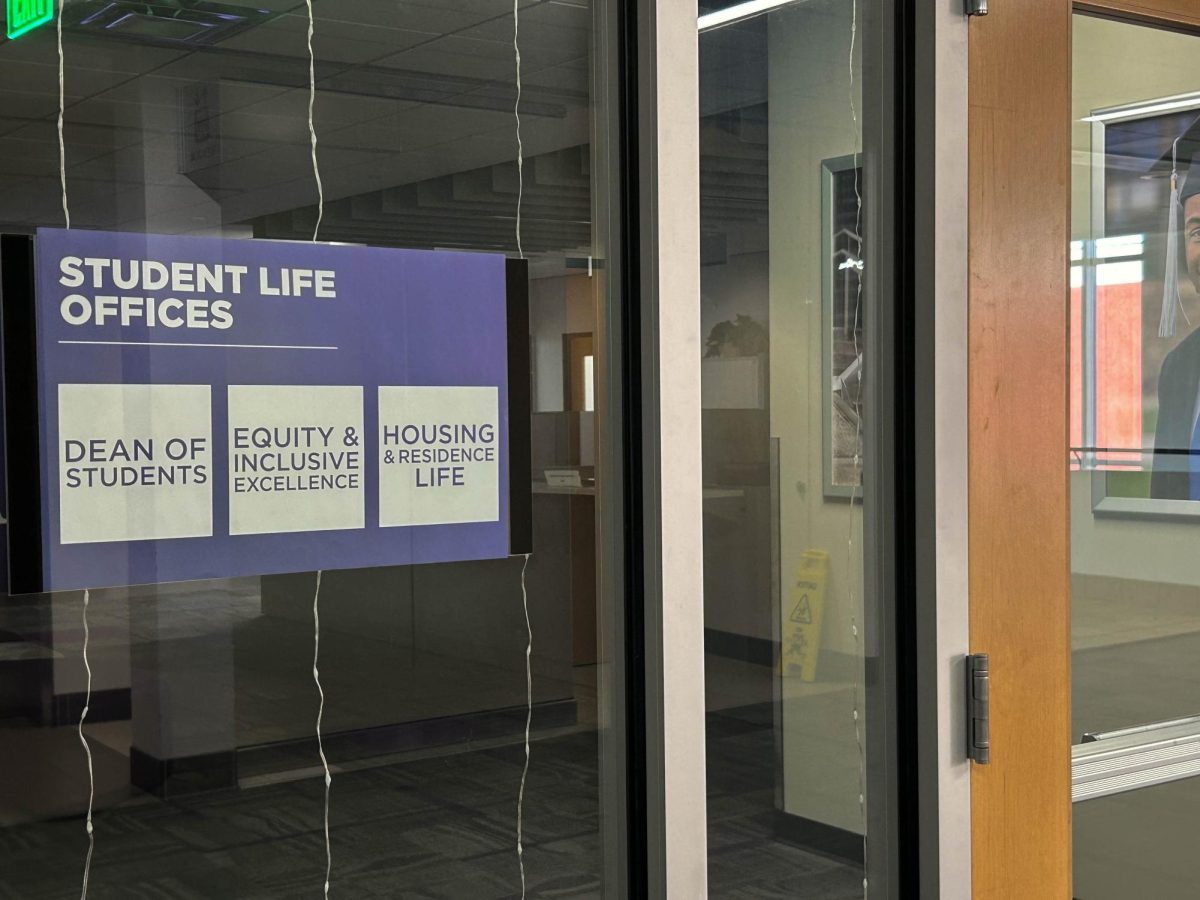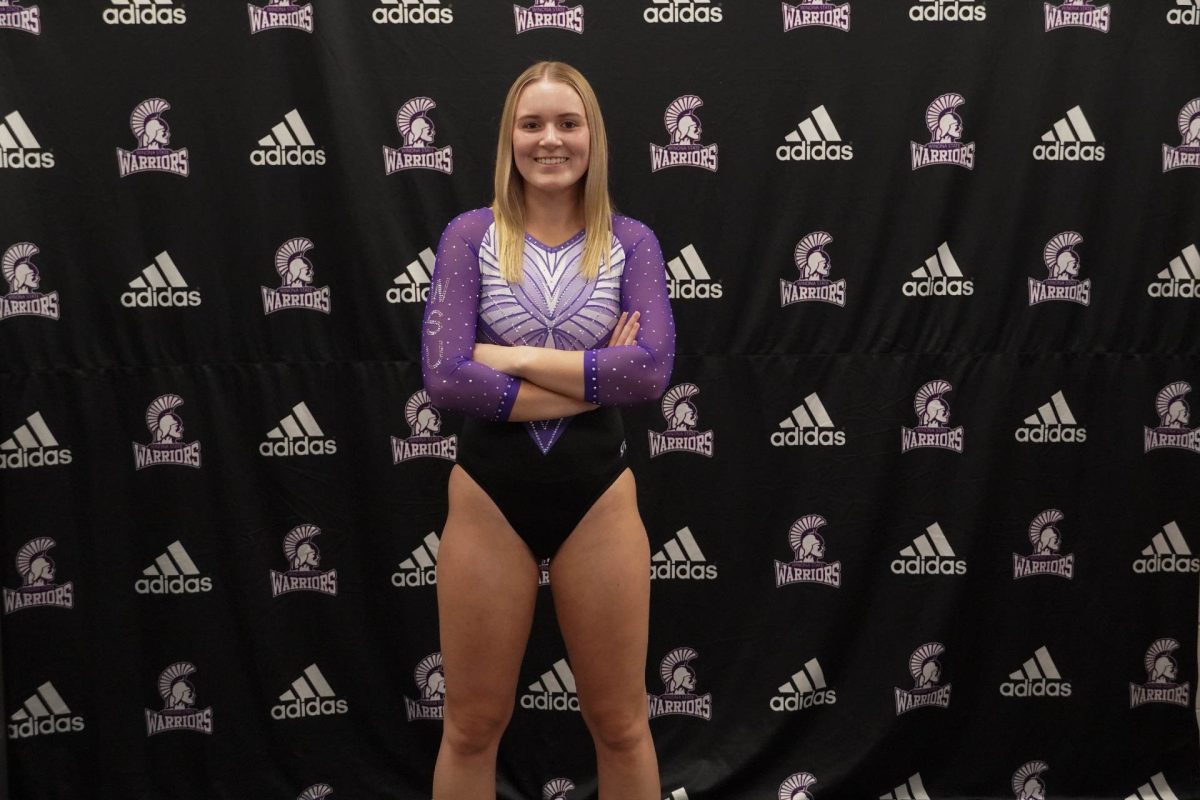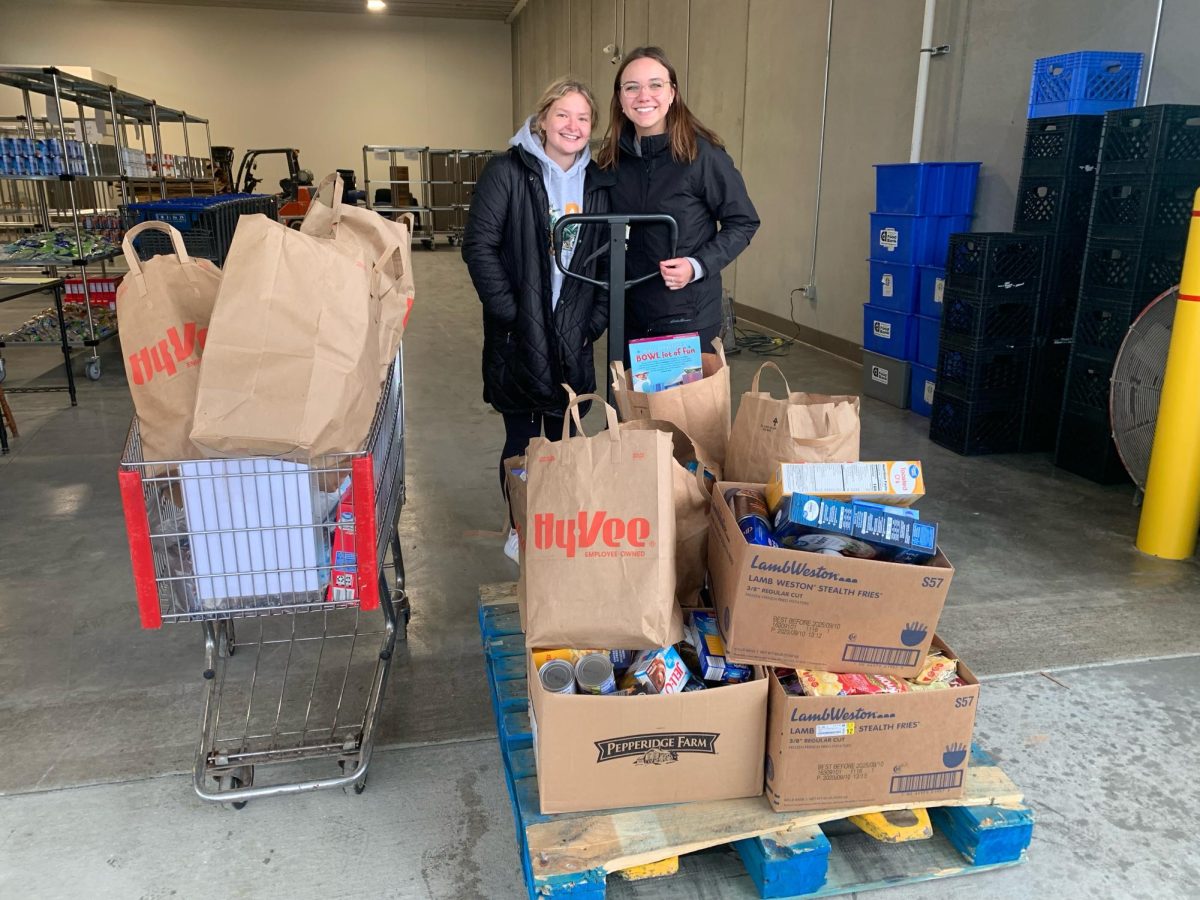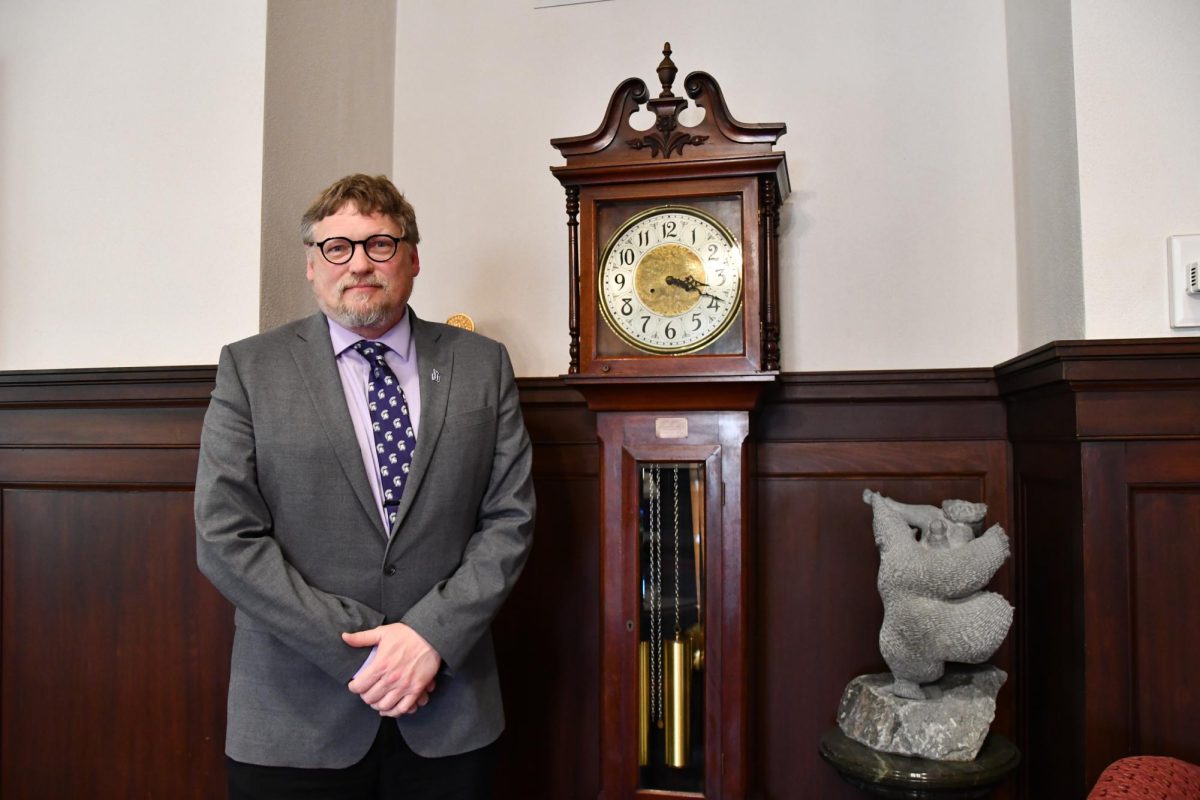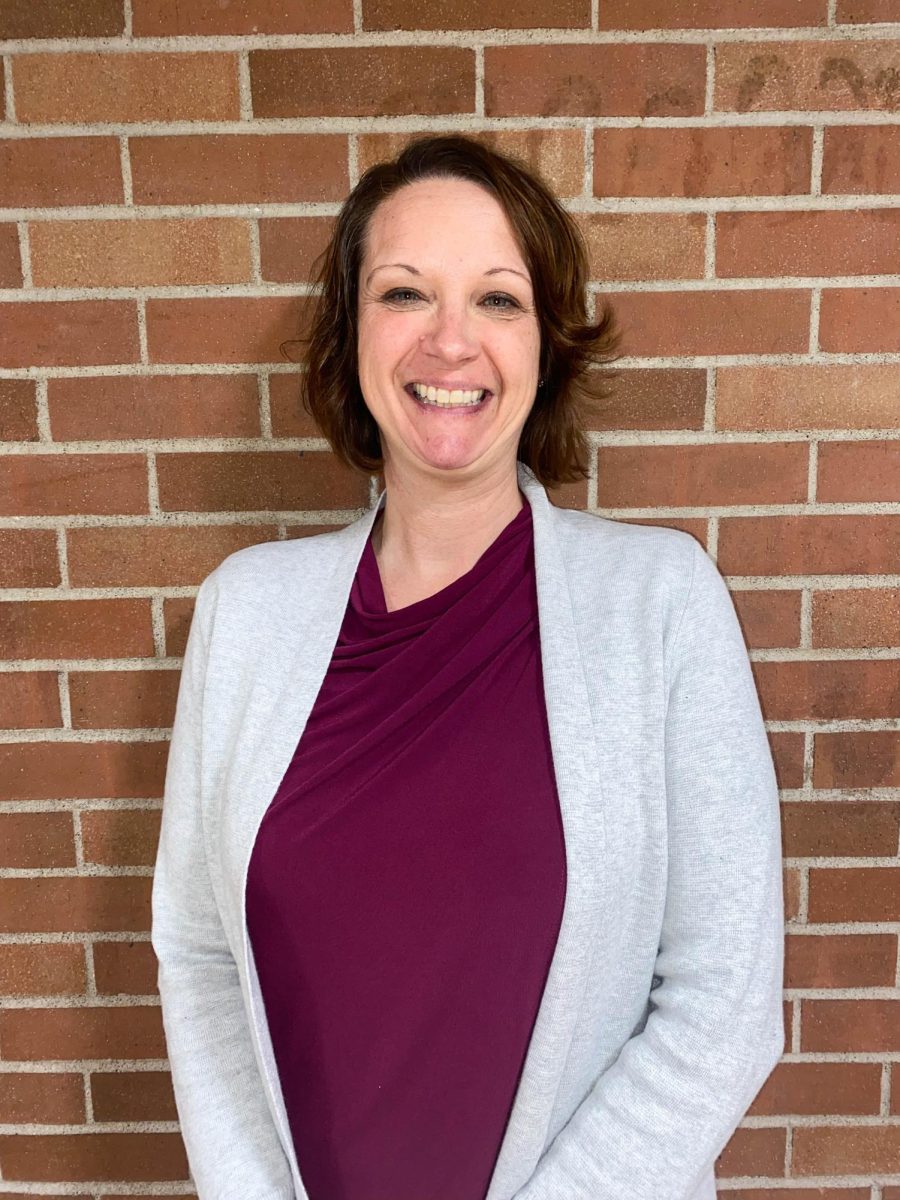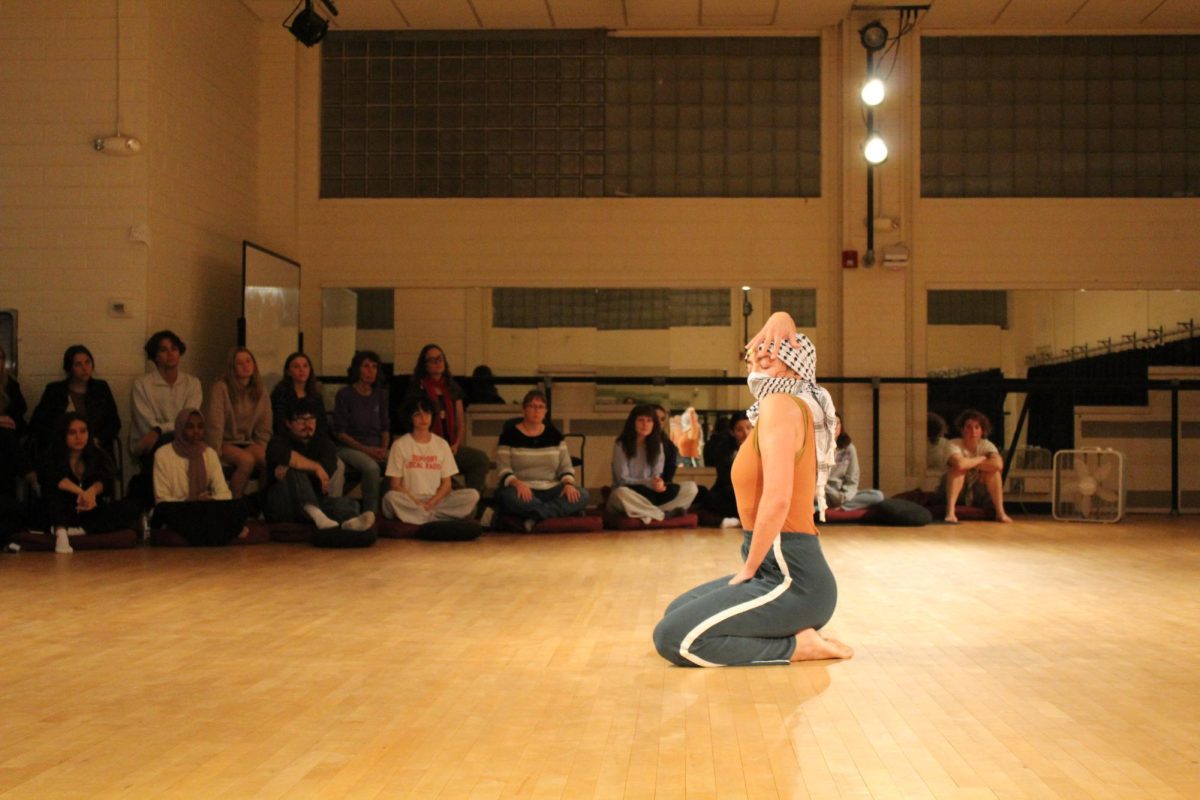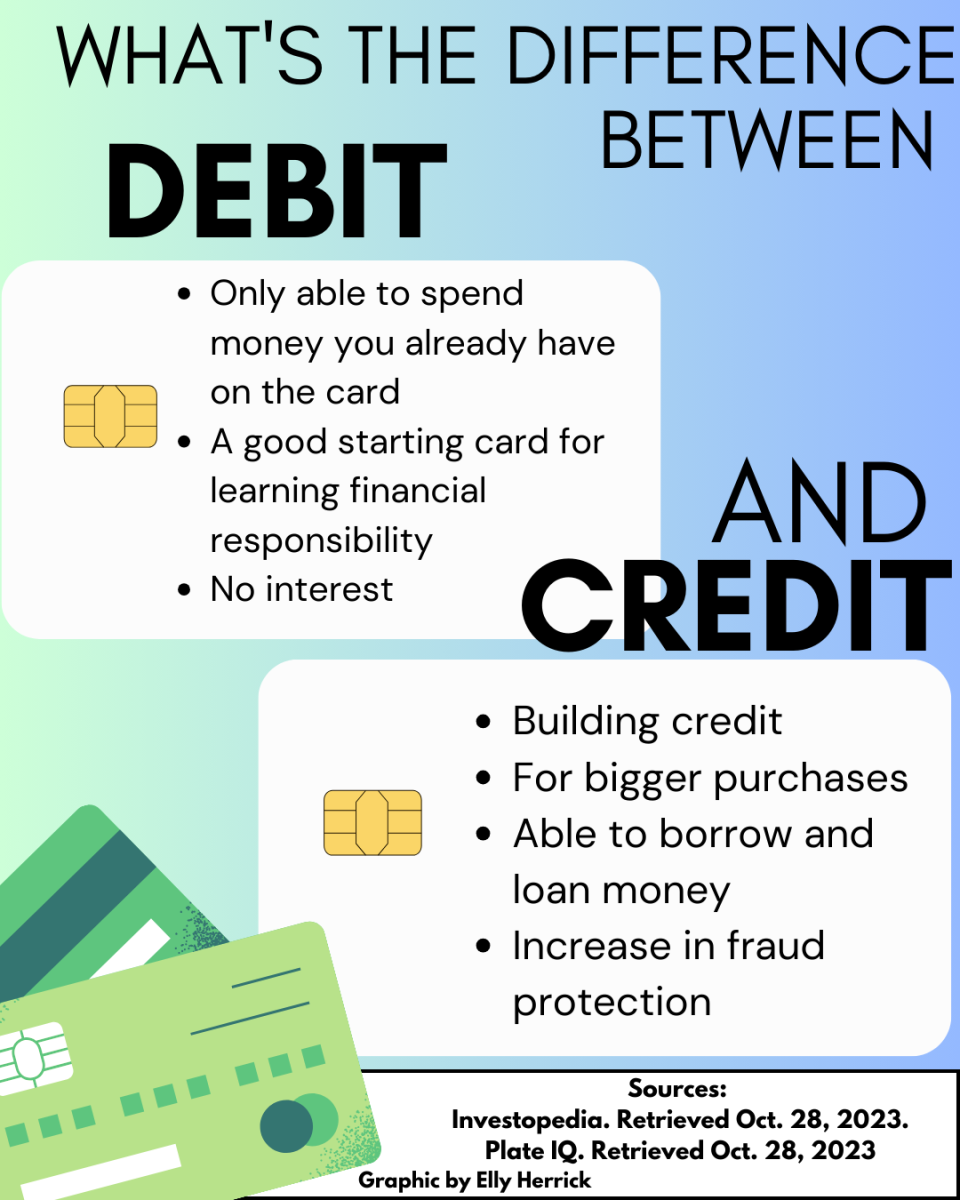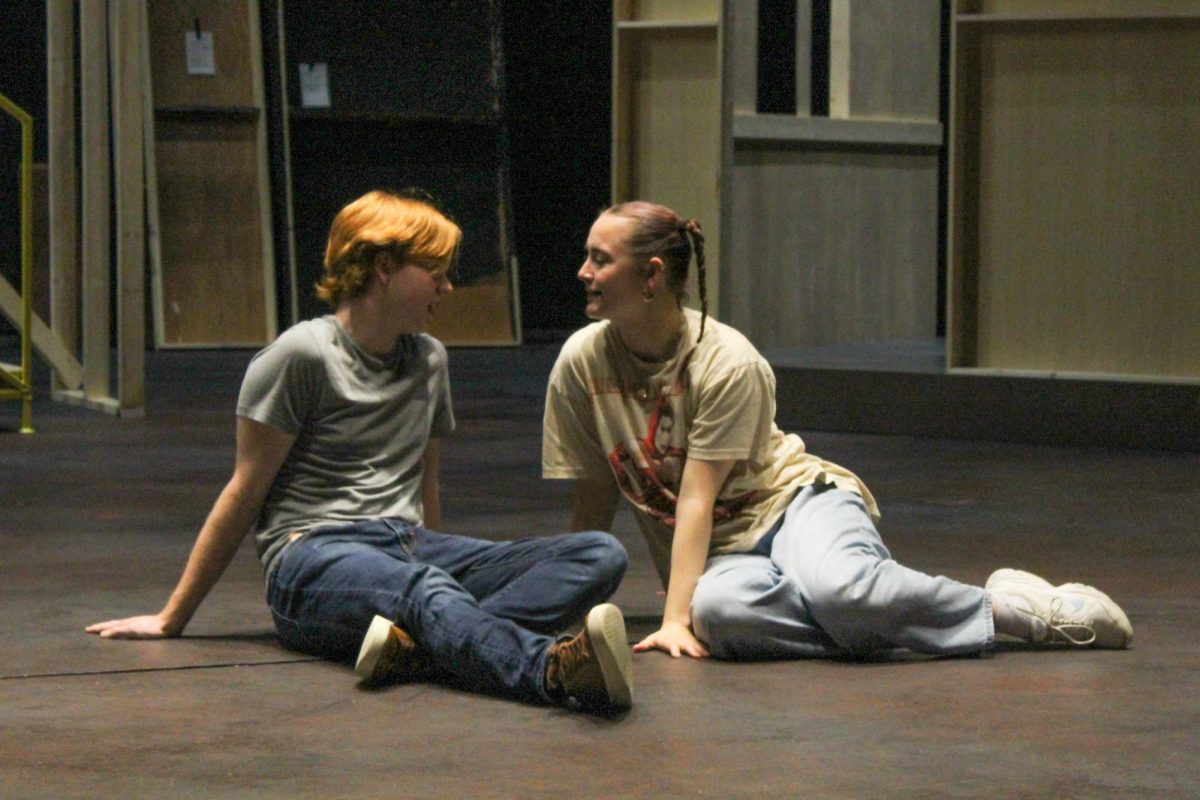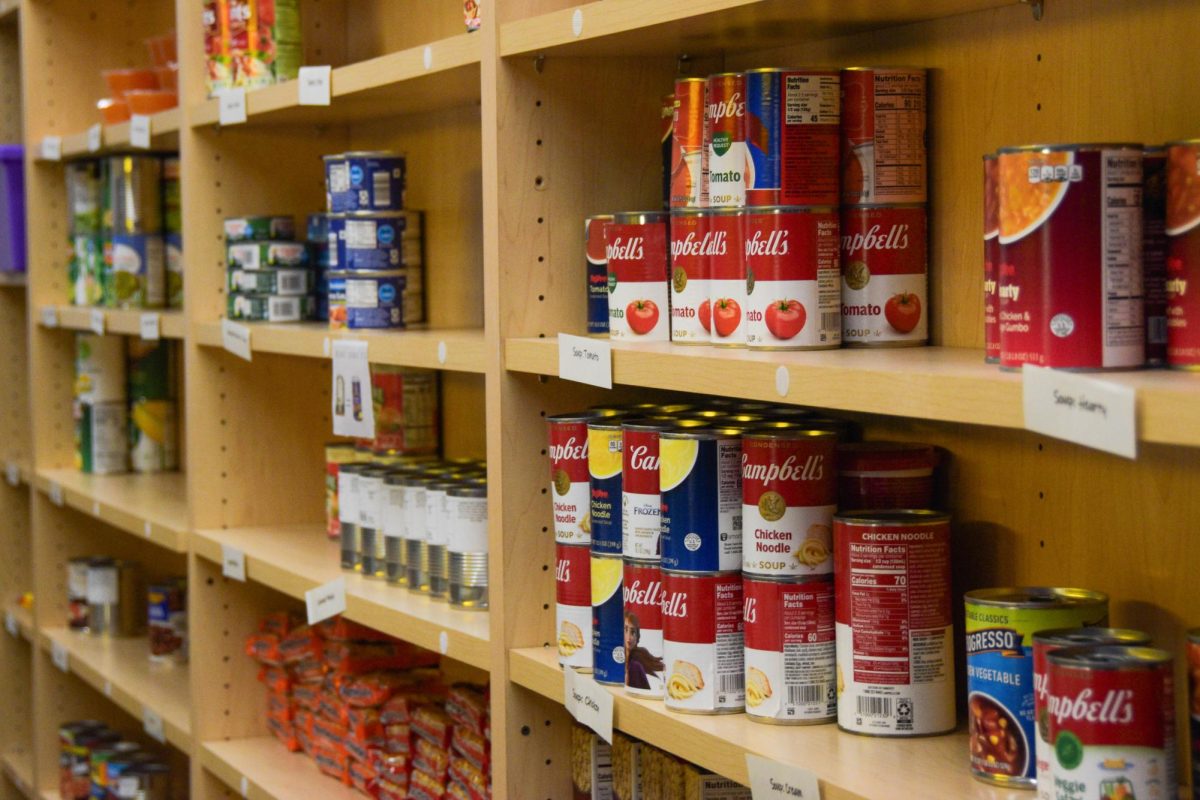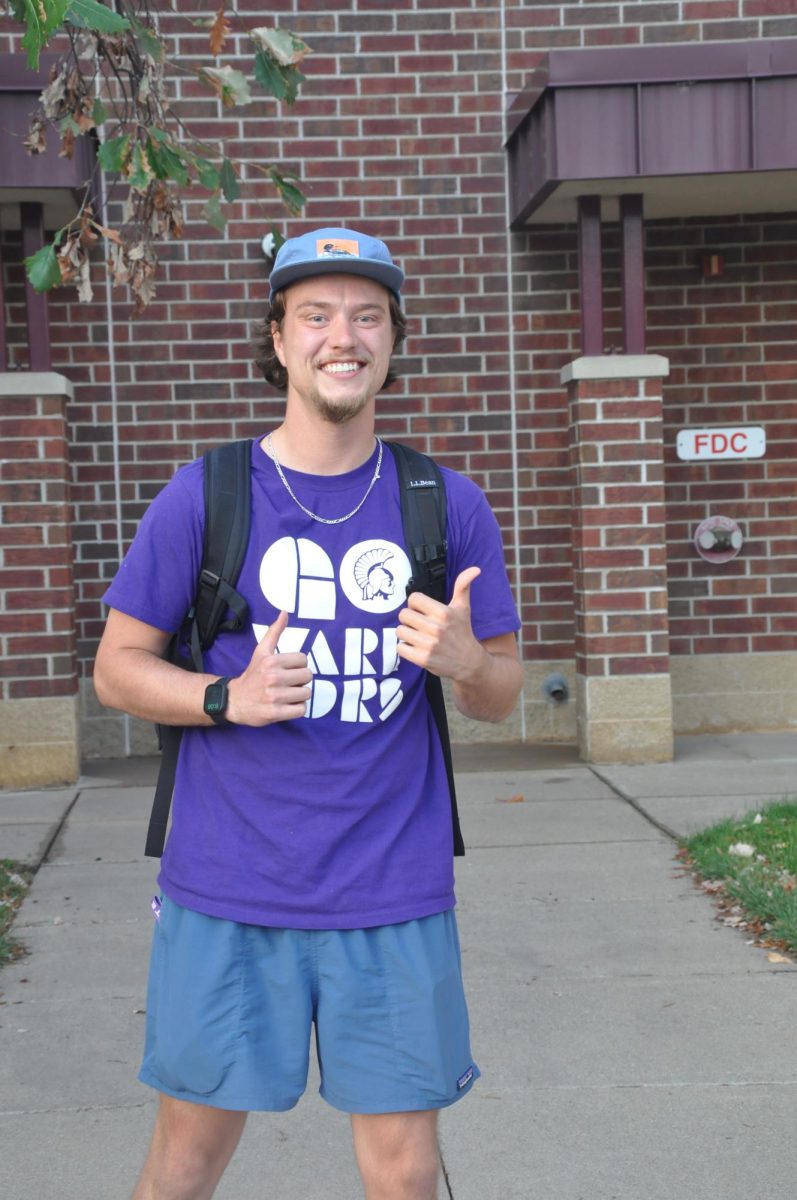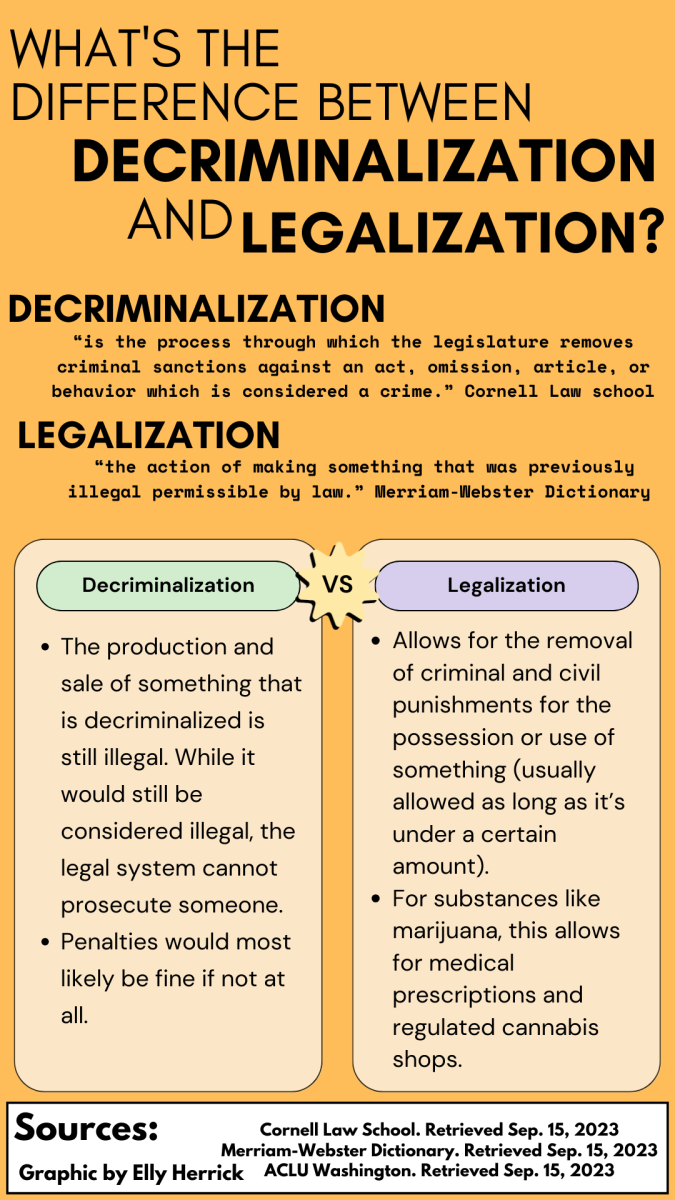Kalika Valentine-Erickson/ Winonan
A Mississippi River-Winona Watershed Citizen Summit will be held in the Tau Conference Center to discuss the quality of local water through watersheds.
Sheila Harmes, coordinator for the Whitewater River Watershed, defined a watershed as a means of draining from one body of water.
Harmes said, “When you’re looking at an area of land, it’s where all the water within that land drains to one point, in this case going to the Mississippi River.”
Streams in the area flow into the Mississippi River, which flows into the Gulf of Mexico, which leads to the Atlantic Ocean. These bodies of water are intrinsically connected.
Problems within the watershed have become prevalent in recent years, which need to be solved in a conservation effort to both improve the Mississippi River area and prevent the issues from moving farther.
“The biggest impairments that the watershed has currently are high nitrates, bacteria and sediment load,” Harmes said.
Sedimentation from eroding farmland is not the sole problem, the Whitewater River is also a source of movement of sand and soil. The sedimentation can cause various issues from changing habitats to affecting the life of aquatic animals.
Another major problem is nitrogen in the water. Nitrates commonly enter the water through fertilization from farms and yards but can also come from septic systems that have failed and animal feedlots. Nitrates are a health concern that could be deadly if not monitored.
Bacteria are another concern affecting local streams. Bacteria can come from leaking septic tanks, wild and farm animals and wastewater treatment plants. Drinking contaminated water can lead to E. Coli, which causes upset stomachs and can lead to death.
In order to address and attempt to solve the problems the area’s water is facing, Brein Maki, a Winona County Soil and Water Conservation District (SWCD) office administrator, suggested people educate themselves on the topic.
“I have worked with the Winona County Soil and Water Conservation District for over ten years,” Maki said. “During this time, I have never stopped learning. It is a constant as the topic of conservation constantly changes. There is always new or more data to understand, different land uses that effect our land and water and different ways to engage and learn.”
One way to learn is through the Whitewater River Watershed Project, Harmes said.
“The goal is to nurture a land stewardship ethic and doing that through reducing erosion and flooding issues and improving water quality,” Harmes said. The websites about the project have an abundance of information on local watersheds and what the project intends to do.
The Whitewater River Watershed Project is hosting the Citizen Summit, where people can come together and openly discuss the issues concerning local bodies of water, including more than just the Whitewater River area, and Maki stressed the importance of being involved as a citizen.
“Everyone is part of a watershed so everyone can be part of the strategies to keeping it healthy, no matter how big or small,” she said.
Harmes said scientists and citizens need to work together. “The other piece aside from science is the civic engagement piece, and that’s where we talk to the people who live and work in the watershed.”
The summit is a way of hearing civilians of the area express their concerns and voice their opinions on the matter. “It’s a way of getting more people involved,” she said.
Harmes also emphasized the importance of having a diverse group of people attend the summit.
“We’ve been trying to get a lot of people from a broad cross section of people who live and work in the watershed. In the past we’ve had college students, educators, business owners, farmers, landowners, groups that are non-profit, environmental groups…we need more than just people in local government to be a part of this process,” she said.
Along with the discussion, there will be music by Jim Grant, website previews, videos and dinner from 5 – 8:30 p.m., on Wednesday, Nov. 12, Participation in the event and dinner are free, and pre-registration is required.




